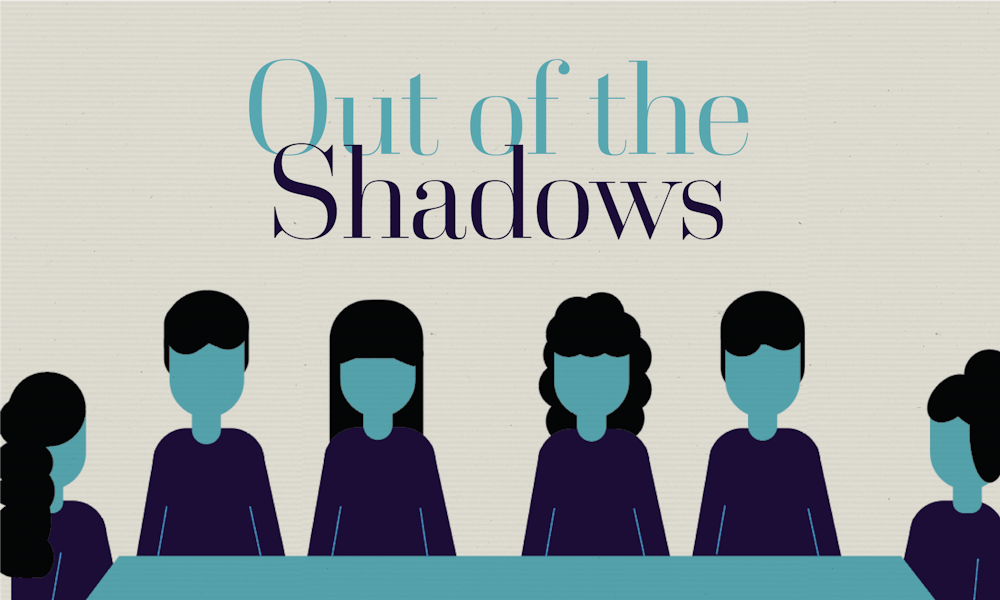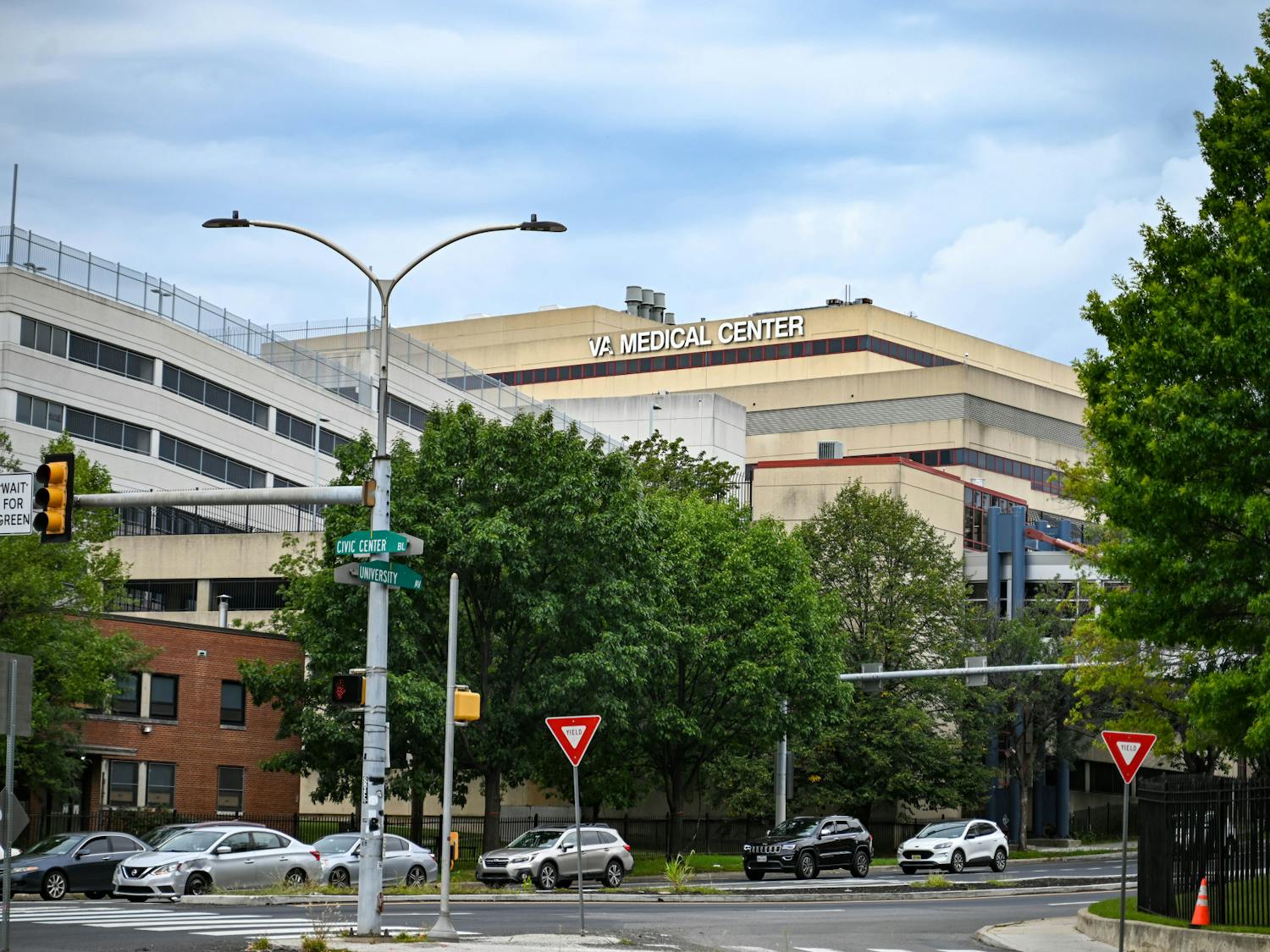The Coalition Against Fraternity Sexual Assault disclosed identities of four members at its first public event after operating in complete anonymity since its creation last year.
The town hall featured CAFSA board members who discussed their mission and took questions from students on Tuesday night at Harnwell College House’s Rooftop Lounge. CAFSA board member and College freshman Gabriela Alvarado said that CAFSA’s board decided they could not address its demands or take action while remaining anonymous as it had been in the past.
Founded in spring 2019, CAFSA's mission includes expelling fraternities from their houses on Locust Walk and replacing them with cultural centers and wellness spaces, including Penn Violence Prevention, which was moved off campus in September. CAFSA’s board envisioned the town hall as a way to generate public support for their mission and solicit ideas from students about how best to pressure administrators.
"The people in the audience are just as much a part of this as we are," Alvarado said. "We want to hear what they think.”
Alvarado added, however, not all CAFSA board members were willing to be present at the event and disclose their identities. Students fear potential consequences from administration for future sit-ins, such as issued citations, permanent notes on transcript stating misdemeanors, Alvarado said.

Some board members remain anonymous in fear of potential future consequences from administration.
CAFSA affiliate and College senior Tanya Jain said that Penn administration members were not allowed at the town hall, because CAFSA, rather than working with administration, focuses on rallying student support and facilitating direct action such as sit-ins and protests. Jain said that CAFSA and the 6B, which consists of Penn's main minority coalitions, work closely together and that the 6B facilitates these conversations with administrators.
At a University Council Open Forum in December, a representative of the Coalition Against Fraternity Sexual Assault, College senior Brennan Burns, demanded that Penn remove fraternities from their on-campus locations. She also read anonymous testimonials submitted by Penn students about sexual harassment experiences with fraternity brothers in fraternities both on and off Locust Walk. These testimonies are published on the CAFSA website.
RELATED:
Students criticize admin for not listening to climate concerns at U. council open forum
Penn Violence Prevention is getting a new staffer — but students say that’s not enough
Students express frustration at open forum toward Penn's AAU survey results
Alvarado added that administrators have failed to diversify Locust Walk after identifying the issue nearly 30 years ago, citing a 1991 report which read, "The current arrangement of the campus, with white male fraternities lining its central artery … is more appropriate to Penn of the 1950s than to what Penn hopes to be in the 1990s.”
The CAFSA board cited past fraternity campus expulsions as precedent for their demands, such as when Psi Upsilon was evicted from the Castle building in 1990.
CAFSA's demands also include that Penn adopt the online platform Callisto, a sexual assault reporting system, to better detect perpetrators of sexual assault by matching survivors who report the same perpetrator. Universities who use Callisto include Stanford University, Pomona College, and University of Southern California. CAFSA added that faculty, first-years, and fraternities should have mandatory harassment and diversity training.
Jain said she hopes fraternities will be open to collaborating with CAFSA to decrease sexual assault incidents on campus.
“Greek life can be our ally and I would love for it to be that,” Jain said.
A survey by the Association of American Universities published in October found that 25.9% of undergraduate women reported having experienced unwanted sexual contact during their time at Penn, a decline from 27.2% in 2015. Additionally, 7.3% of men reported that they had experienced unwanted sexual contact since entering college, an increase from 5.5% in 2015.
Students criticized the administration for the stagnant survey numbers at a University Council meeting and an open forum in October.
College sophomore Samantha Pancoe said that she felt the town hall had helped CAFSA clarify its purpose and goals after remaining anonymous for the past year.
“It was nice to see they have concrete demands that they’re asking for and to be able to ask them questions directly,” Pancoe said.
As CAFSA looks to begin more direct action at prominent places on Penn's campus such as College Green, College junior Sabrina Ochoa said that she was optimistic sit-ins and protests would accelerate change.
“It’s just a matter of mobilizing a large enough group to command attention,” Ochoa said.
Staff reporter Elizabeth Meisenzahl contributed reporting.









